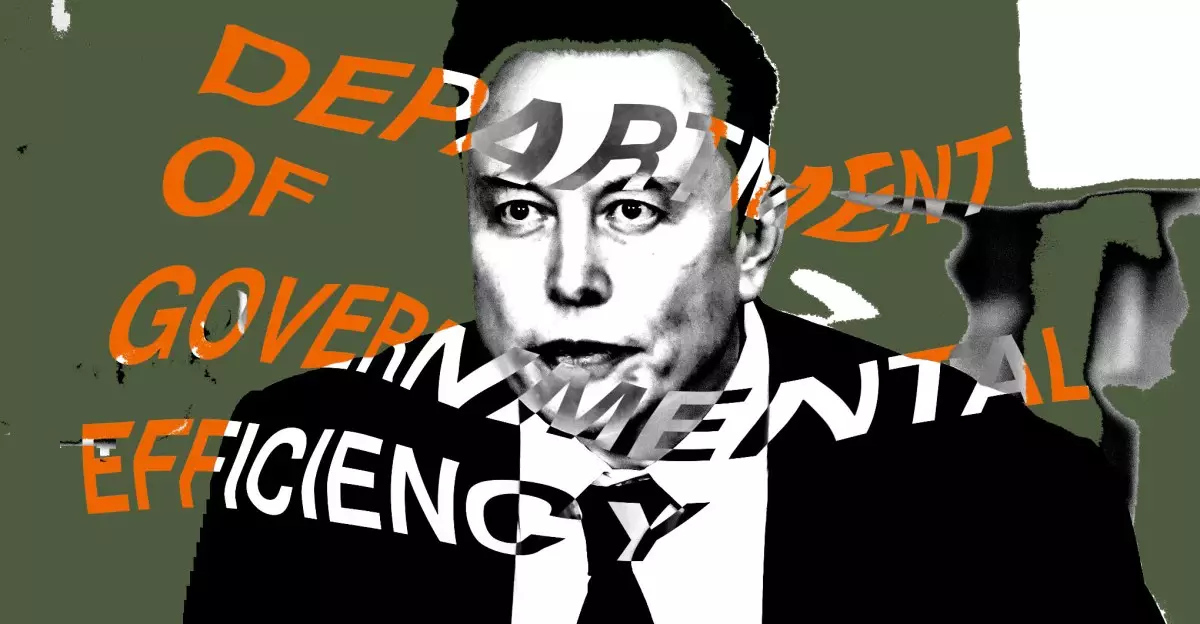In a staggering move that has ignited widespread outrage and apprehension, a federal judge has imposed a temporary injunction against Elon Musk’s DOGE, preventing its access to the U.S. Treasury Department’s federal payments records. This decision follows a lawsuit filed in New York’s Southern District Court, spearheaded by New York Attorney General Letitia James alongside attorneys general from 18 other states, underscoring a significant pushback against what they perceive as regulatory overreach by the Trump administration. The lawsuit alleges serious violations of legal protocols, including breaches of the U.S. Administrative Procedures Act and the doctrine of separation of powers, raising alarming questions about the handling of sensitive personal information.
The ramifications of allowing DOGE, a cryptocurrency associated with Musk, access to the Treasury’s records are profound. These records include critical personal information, such as Social Security numbers, which could be exploited if acquired by unauthorized individuals or entities. District Judge Paul A. Engelmeyer’s ruling highlights the necessity of safeguarding Americans’ personal data from potential misuse under the guise of financial innovation. The executive branch’s decision to grant DOGE such access could set a dangerous precedent, suggesting that the executive branch could wield its power to compromise citizen privacy for the sake of advancing technological interests.
The cohesive legal front presented by 19 states signals a significant and multifaceted backlash against the administration’s actions. In statements made public, Attorney General James argues that the government must uphold its responsibility to protect the private information of citizens, stating, “President Trump does not have the power to give away Americans’ private information to anyone he chooses.” This sentiment resonates with many advocates for privacy rights, who fear the implications of diluting institutional safeguards around sensitive data.
Apart from the immediate block on access, the judge’s order demands that any previously obtained data by DOGE be permanently destroyed. This stipulation serves as a stark reminder of the precarious position the administration finds itself in and showcases the accountability mechanisms in place to reinforce data integrity.
This legal confrontation over DOGE’s access to Treasury records is part of a broader narrative involving regulatory scrutiny of cryptocurrency ventures and tech innovations, especially under the Trump administration. It illustrates the ongoing tension between emerging technologies and traditional regulatory frameworks, as well as the need for a balanced approach moving forward.
As the situation evolves, a structured hearing is set for February 14th, poised to delve deeper into the legal and ethical ramifications of the issues at hand. The outcome of this case may not only influence Musk and DOGE but could also potentially reshape the legal landscape concerning the accessibility and security of personal data in America, creating ripples that could affect technology and finance sectors at large.
With this unprecedented legal action, it remains to be seen what the long-term repercussions will be for both the cryptocurrency sector and the fundamental principles of data privacy that govern American society.


Leave a Reply